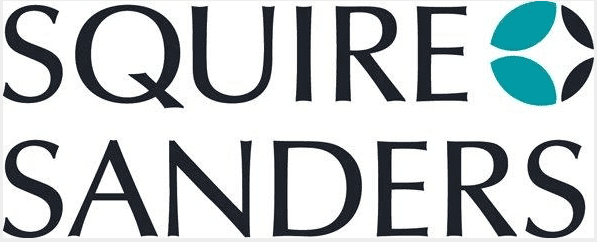According to Clare Boothe Luce, “No good deed goes unpunished.” Today, business owners fear that this aphorism may apply to the good deed of providing open guest WiFi to their customers. While answers may vary around the globe, in the U.S. the rewards appear to outweigh the risks. Indeed, numerous fast food restaurants and coffee houses already offer free Wi-Fi to their patrons.
Relative Relaxed Regulatory Framework
In general, the U.S. legal landscape is relatively favorable to operation of Wi-Fi. Although data retention laws have been proposed, they have been defeated. Thus, public Wi-Fi providers are not expected to maintain data regarding usage.
Typically, free Wi-Fi providers do not need to maintain any personal data about their users. Naturally, if they do maintain personal data about the users, they will need to comply with the overlapping and complex data privacy laws, which vary from state to state.
Potential Risks Foreseen
Various guest WiFi risks exist. For example, the users of your open Wi-Fi may engage in copyright infringement, may attempt to view child pornography, attempt to lure children, or plot terror acts. Any of these activities may lead to civil lawsuits or criminal investigations.
So far, no high profile civil lawsuit in the U.S. has prevailed against a provider of open Wi-Fi. Still, even the cost and expense of being unsuccessfully sued may be some deterrent to providing open Wi-Fi.
Likewise, it seems unlikely that criminal liability could arise merely from providing open Wi-Fi. Nevertheless, the criminal investigation may interrupt your business if investigators are unsure whether the criminals are guests or employees, or to attempt to recover any evidence of the wrong-doers acts.
On the other hand, 17 USC § 512 limits copyright liability of Internet service providers with a variety of caveats. The protections of that section arguably apply to providers of open Wi-Fi.
Risk Mitigation Considerations
The risks can be mitigated several ways. One option is to provide a splash screen that requires users to acknowledge restrictive terms of service in order to access the open Wi-Fi. Another option is to engage in filtering of Internet traffic, to block file sharing traffic or traffic to pornographic or suspicious websites.
Balancing the Risks and Moving Forward
As mentioned above, several large chains of businesses serve up the good deed of free Wi-Fi, apparently without punishment. While there may be risks associated with such an approach, given the relatively unrestrictive U.S. legal framework, such risks may be limited. It is always possible that the U.S. may change its legal framework to make Wi-Fi providers liable for the deeds of their users or to require Wi-Fi providers to retain data on usage. Until then, hopefully free Wi-Fi in the U.S. will remain an exception to Ms. Luce’s generalization.
Squire Sanders
Squire Sanders is one of the world’s strongest integrated legal practices with more than 1,300 lawyers in 39 offices across 19 countries. The Intellectual Property and Technology group is well situated to answer your questions regarding these and related legal issues both in the U.S. and Europe.
Widely acknowledged for its international reach and diverse sector expertise, it advises every type of business from fast-growth companies and the established global mid-market to Fortune 100 and FTSE 100 businesses, together with regional and national governments. For more information, visit www.squiresanders.com
This article is made available by Squire Sanders only to provide general commentary of the law as it stands on 20 January 2014, not to provide specific legal advice nor to warrant compliance with the law by Purple WiFi Limited. There is no attorney-client relationship between the reader and Squire Sanders. This article should not be used as a substitute for competent, up-to-date legal advice from a licensed professional attorney.
© Squire Sanders.
All rights reserved
January 2014
To discuss how we can help you contact:-
Emily Turner
Associate
Intellectual Property and Technology
T – +44 (0)113 284 7679
E – emily.turner@squiresanders.com
Peter Flanagan
Senior Associate
Intellectual Property and Technology
T – +1(703)720-7864
E – peter.flanagan@squiresanders.com
